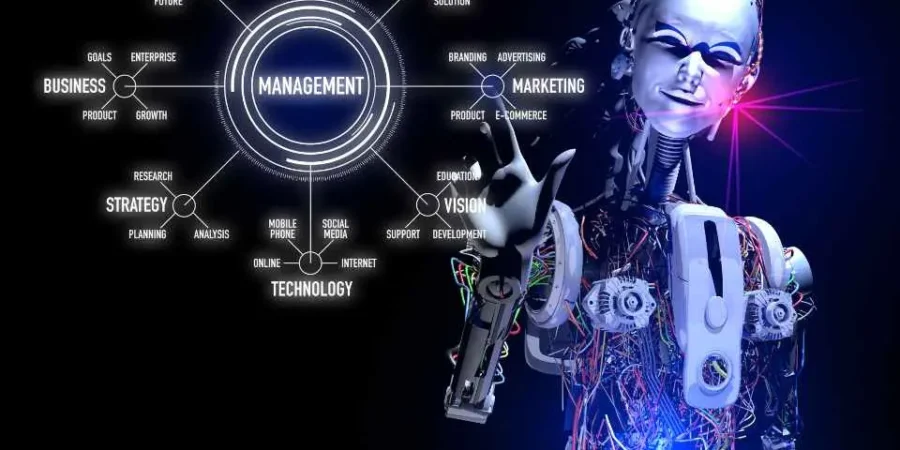Introduction:
The integration of artificial intelligence (AI) into education is revolutionizing the way students learn and educators teach. In this blog post, we will explore the impact of AI in education, its applications in various learning environments, and the potential benefits and challenges it brings to the field of education.
The Role of AI in Education:
AI in education encompasses a wide range of technologies and applications designed to enhance the learning experience. Here are some key areas where AI is making a significant impact:
- Personalized Learning: AI can tailor educational content to individual student needs, adapting to their pace, learning style, and strengths and weaknesses.
- Assessment and Feedback: AI can provide instant feedback on assignments and assessments, helping students understand their mistakes and learn from them.
- Virtual Assistants: AI-powered virtual assistants can answer students’ questions, provide information, and guide them through their studies.
- Content Creation: AI can generate educational content, including textbooks, quizzes, and practice problems, making educational resources more accessible.
- Data Analytics: AI helps educators analyze data to identify at-risk students, track progress, and refine teaching methods.
Applications of AI in Education:
- Adaptive Learning Systems: These systems use AI to create customized learning paths for students, ensuring that they receive the right content at the right time.
- Language Learning: AI-powered language learning apps provide real-time feedback on pronunciation, grammar, and vocabulary.
- Smart Content Recommendations: AI algorithms suggest relevant reading materials, videos, or courses based on a student’s preferences and progress.
- Automated Grading: AI tools can grade multiple-choice questions, freeing up educators to focus on more complex aspects of student work.
- Chatbots and Virtual Tutors: AI-driven chatbots can answer student queries and offer guidance on various subjects, providing additional support outside the classroom.
Benefits of AI in Education:
- Personalization: AI tailors education to individual student needs, improving comprehension and retention.
- Efficiency: Automated grading, content creation, and administrative tasks save educators time and reduce their workload.
- Accessibility: AI-driven content can be accessible to a wider audience, including those with disabilities or language barriers.
- Data-Driven Insights: AI helps educators make informed decisions and interventions, improving student outcomes.
Challenges and Considerations:
- Privacy: Handling sensitive student data must be done with strict privacy and security measures.
- Teacher Training: Educators need training to effectively use AI tools in the classroom.
- Equity: Ensuring that all students have access to AI-enhanced education is a challenge, as it may create disparities in quality.
- Ethical Concerns: There are ethical considerations related to AI’s influence on educational content, biases, and decision-making.
Conclusion:
AI is changing the landscape of education, offering new opportunities to improve learning and teaching. From personalized learning experiences to data-driven insights that guide educators, AI is reshaping the future of education. While challenges and ethical considerations must be addressed, the potential for AI to enhance education and make learning more engaging and effective is vast. As AI continues to evolve, its role in education will likely become increasingly prominent, leading to better educational outcomes for students of all ages.

